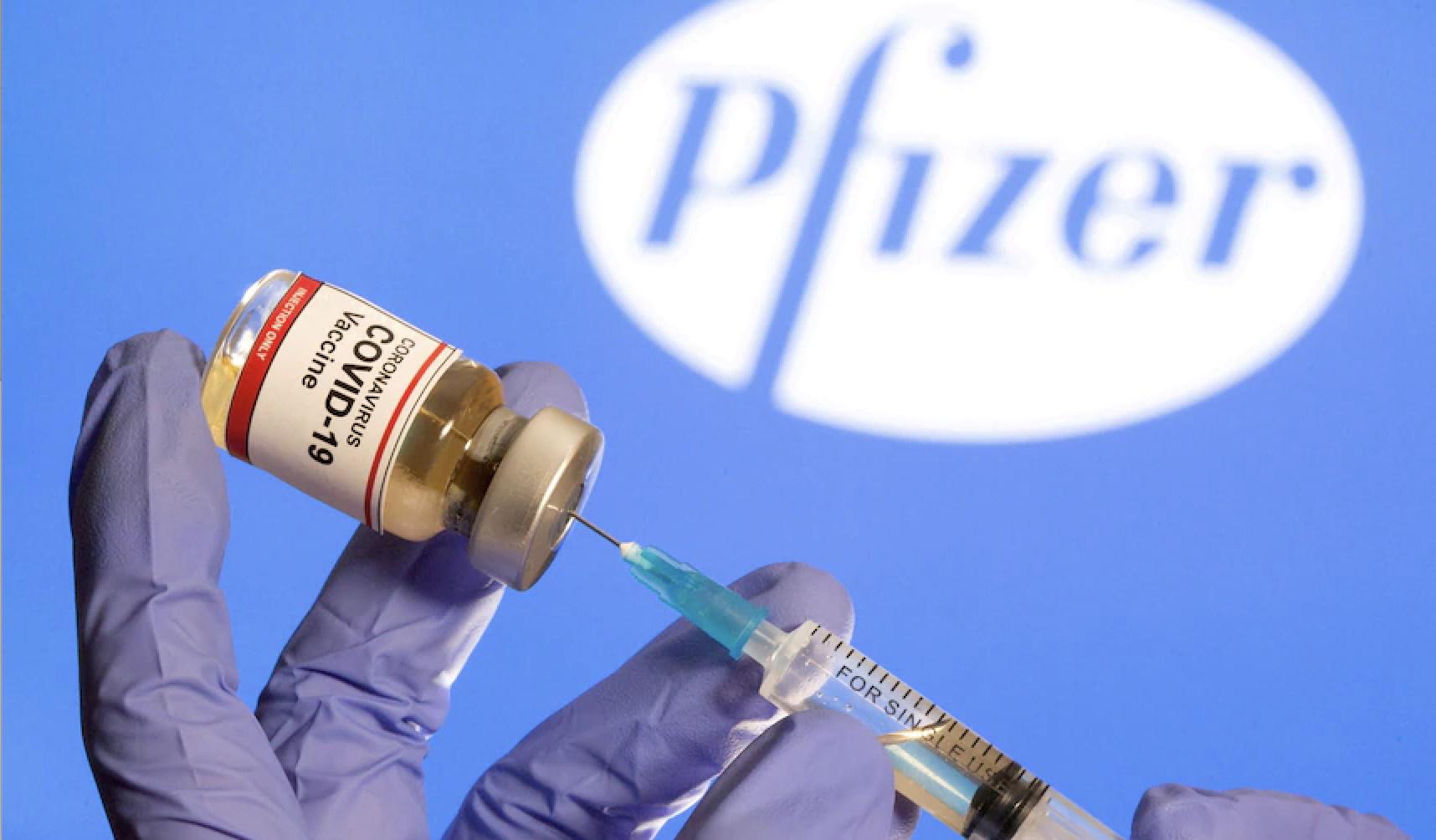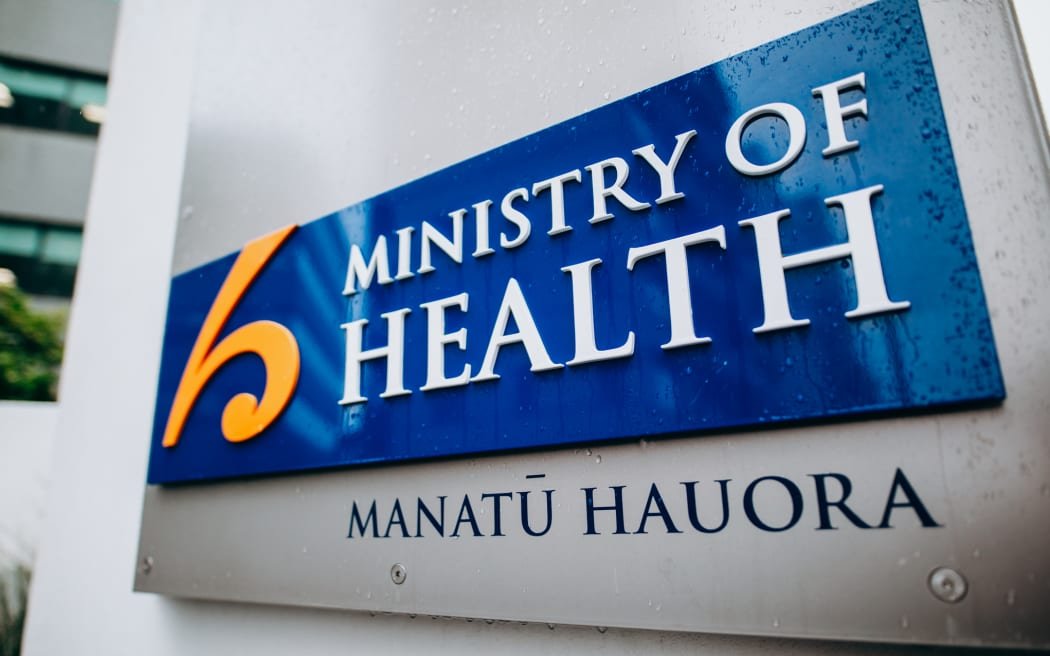New Zealand Prime Minister Jacinda Ardern, with then Director General of Health Ashley Bloomfield at a Press conference about Covid19.
A story “blew up” on social media last week, with the “admission” from a Pfizer executive that the company never evaluated the Covid-19 vaccine on its effectiveness against transmission.
“Fact-checkers,” say the “story” was not new and the company never promoted the vaccine as stopping transmission. So is there a story and if so what is it? Chris Lynch reports.
Pfizer confirmed to Chris Lynch Media, its Covid-19 vaccine was never evaluated on the effectiveness against transmission of Covid-19, but does that put it at odds with the New Zealand Government’s relentless public messaging?
The company was asked to clarify its position following news where Pfizer Executive Janine Small told the European Parliament the company didn’t have data on whether the mRNA gene technology prevented transmission of infection.
Social media described the “admission” as “scandalous” framing it as a new revelation, but that’s due to previous public health messaging.
Official health advice to New Zealand businesses said “studies show that about 95% of people who have received both doses of the vaccine are protected against getting COVID-19 symptoms. This means that once you are fully vaccinated, you are far less likely to fall seriously ill and less likely to transmit the virus to friends, whānau or workmates.”
The Government said a booster reduces the risk of transmitting to others.
Source: New Zealand Government
In a written statement sent to Chris Lynch Media, a spokesperson for Pfizer said the company’s “landmark phase 3 clinical trial (protocol published November 2020) was designed and powered to evaluate efficacy of BNT165b2 (the vaccine) to prevent disease caused by SARS-CoV2, including severe disease.
The spokesperson said “the pivotal BNT162b2 clinical trial met two critical endpoints including the efficacy end-point which is prevention of confirmed symptomatic COVID-19 infection and the secondary end-point was prevention of severe disease.
The BNT162b2 (Comirnaty) trials were not designed to evaluate the vaccine’s effectiveness against transmission of SARS-CoV-2.”
The spokesperson said ‘regulatory agencies across the globe, including Medsafe, have authorised the use of BNT162b2 (Cominarty) for active immunisation to prevent COVID-19 caused by SARS-CoV-2 virus.
“These authorisations are based on robust and independent evaluation of the scientific data on quality, safety and efficacy, including our landmark phase 3 clinical trial.
Data from real-world studies complement the clinical trial data and provide additional evidence that the vaccine provides effective protection against severe disease” the spokesperson said.
“Since regulatory approval, the vaccine has helped protect billions of people from COVID-19. As of 18 September 2022, we have delivered more than 3.8 billion vaccines to 181 countries and territories in every region of the world.”
“Media coverage oversimplified and struggled to communicate potential adverse events”
In the British Medical Journal article entitled “The unintended consequences of COVID-19 vaccine policy: why mandates, passports and restrictions may cause more harm than good” it said “public announcements and media coverage oversimplified and struggled to communicate potential adverse events (including a potentially higher risk in the convalescent, and overstated vaccine efficacy on transmission.
“Significant public concerns about safety signals and pharmacovigilance have been furthered by the lack of full transparency in COVID-19 clinical trial data, as well as shifting data on adverse effects, such as blood-clotting events, myocarditis, and altered menstrual periods.”
New Zealand Professor Peter McIntyre, a Paediatrician specialising in infectious diseases as well as an Epidemiologist, who works for the Immunisation Advisory Centre believes the BMJ article was “overstated.”
“The risks stated here are not confirmed by high-quality studies and are basically a furphy. Adverse effects while unfortunate were too rare to be detected until very large numbers of people had been vaccinated and there is no doubt that the benefits of vaccines vastly exceeded the risks.
On the other hand, one aspect of the New Zealand response which could have been improved is more willingness to accept the reality of adverse effects reported by people and too rigid application of exemptions.”
Covid-19 Response Minister Ayesha Verrall was approached for comment on the effectiveness of the vaccine in stopping transmission. Her press secretary said, “unfortunately the Minister is currently away in Europe and busy with meetings and engagements there, so we won’t be able to respond to your questions.”
Ministry of Health responds
The Ministry of Health was asked to explain how the public messaging was produced, and what advice was given to public relations experts to come to the conclusion to include the words “stopping transmission” in its messaging.
A Ministry of Health spokesman said Medsafe and relevant agencies consider a range of information when deciding on whether to introduce a new vaccine and do not rely on a single source to confirm a vaccine’s effectiveness.
“This includes considering national and international studies, data and research about the Covid-19 Pfizer vaccine, as well as detailed information from the manufacturer which must be supplied as part of the application process.”
“COVID-19 vaccine is one of the most studied medicines of our time.”
That detailed information is suppressed by the company.
The spokesman said “the COVID-19 vaccine is one of the most studied medicines of our time. It has been thoroughly assessed for safety by our own Medsafe experts. Medsafe only grants consent for using a vaccine in Aotearoa/New Zealand, once they’re satisfied it has met strict standards for safety, efficacy and quality.
From the Ministry’s perspective, what we do know is that all COVID-19 vaccines used in New Zealand remain very effective in preventing severe illness that may result in hospitalisation or death, and this is supported by the international evidence that continues to emerge.
When vaccination is combined with other public health measures, such as hand-washing, mask-wearing, physical distancing and isolation when unwell, this also contributes to a reduction in transmission and infection.
In general (not COVID-19-specific), there are two mechanisms through which vaccines can potentially reduce transmission:
-
Preventing infection of the vaccinated person (if a person is uninfected, they cannot transmit the virus). This is measured in vaccine efficacy/effectiveness against infection.
-
Reducing the number of onward infections (if the vaccinated person does become infected). This is measured by assessing the reduction in the number of transmissions to contacts of infected individuals.
The Ministry of Health spokesman said these two methods combine to provide a larger effect than either of them in isolation. For the Pfizer vaccine, there is a substantial body of evidence available about its ability to reduce the number of infections (and the subsequent effect on transmission through reduction of infection) – see link here (Page 19, “VE against infection”).
“It should be noted that data for vaccine effectiveness (against infection and onward transmission) for variants prior to Omicron have been monitored since trial data were first released by Pfizer in 2020. Vaccine effectiveness against infection was generally higher for previous variants than for Omicron.”
Professor Peter McIntyre said the fact that transmission was not directly investigated in the initial emergency trials to deal with a global pandemic is “totally appropriate.”
He said “the bigger issue was that we knew about the vaccine preventing milder symptomatic infection not requiring hospitalisation.
The reasonable assumption was made that if less severe disease was prevented in younger people, more severe disease also would be – the main anxiety was.. would it perform in older and at risk people and happily it did.
Vaccine passports were used to encourage New Zealanders to be vaccinated
This transmission issue (most recently raised by someone in Dutch parliament but truly an old theme) was a side benefit of the vaccine which was subsequently and conclusively shown with the earlier variants – to an extent better than expected – and continued with Delta but waned over time with very fast waning for Omicron.”
Professor McIntyre said “data on transmission reduction were later available from multiple sources – this message up to end 2021 with delta and other variants was accurate and even with omicron is true – it is just that the reductions in transmission are less and last less well.”
It was effective against transmission during the delta period to end 2021 for at least 3 months which at the time provided important additional benefits.
Passports were regrettably necessary to get the high coverage New Zealand achieved among adults which are envied around the world.”













